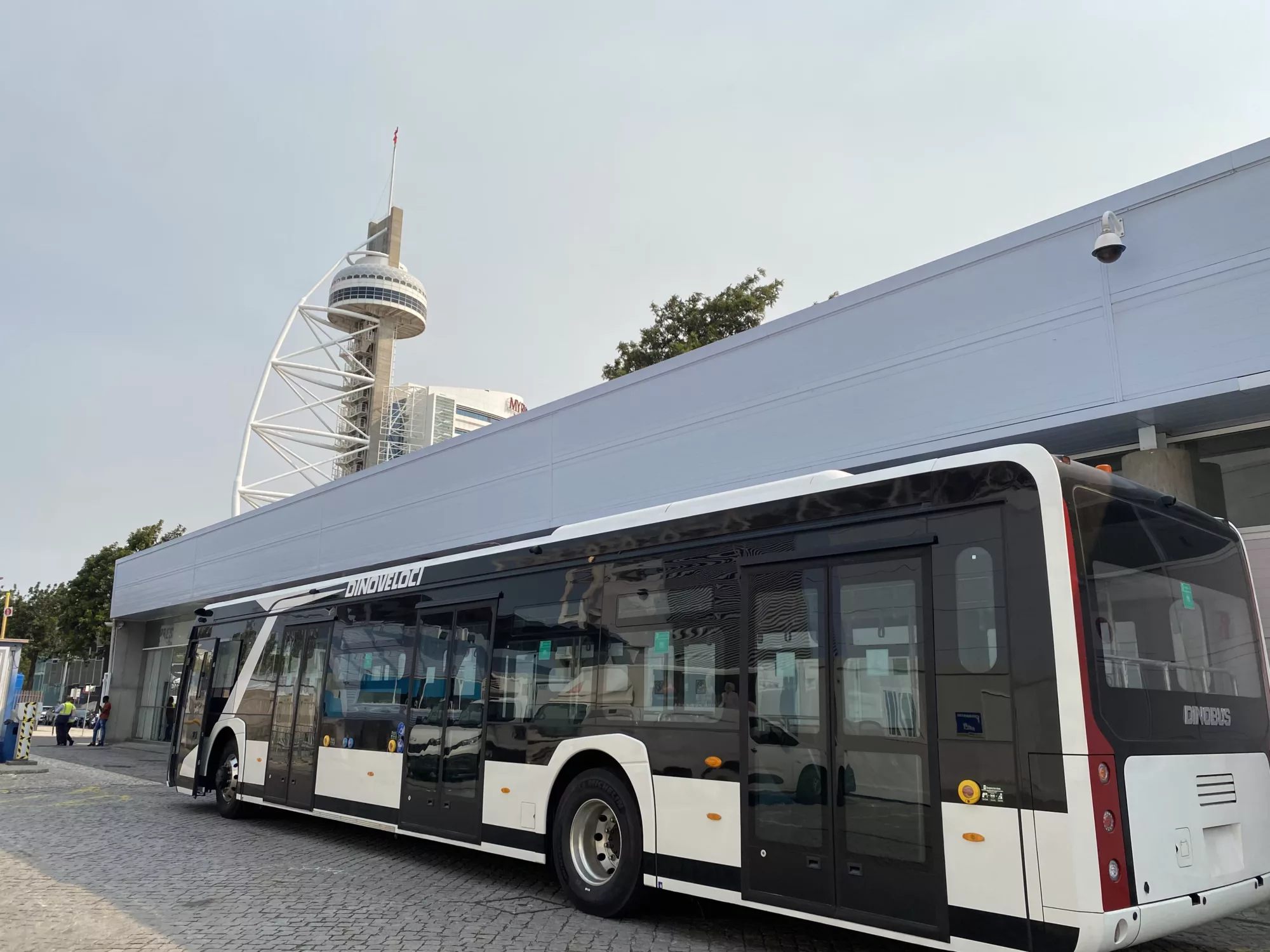The race to identify the most cost effective bus in eco-friendly transportation continues to spark debate. With discussions taking place about the diesel versus electric powered bus, and hydrogen versus electric, the cost of each bus in relation to their alternatives is an essential point in decision-making. A recent report from Hydrogen Insight revealed a striking comparison: hydrogen buses are over 41% more expensive to operate over their lifespan than battery-electric buses. This finding adds to the growing critique of hydrogen-powered buses across various countries, underscoring several significant shortcomings.
Cost Per Lifespan: A Clear Winner
A detailed analysis by the Centrale d’Achat du Transport Public (CATP) in France compared the total cost of ownership (TCO) for hydrogen fuel-cell buses versus battery-electric buses over a 15-year lifespan:
Hydrogen Buses: Approx. €1.3 million per bus lifespan.
Battery-Electric Buses: Approx. €972,000 per bus lifespan (€1.62 per kilometer).
This cost difference equates to a significant €394,800 per bus, making battery-electric buses the more economical option by a wide margin. With financial constraints being a key consideration for many public transport authorities, this disparity is a decisive factor.
Purchase and Operational Costs
Hydrogen Bus: Approx. €650,000 per unit, 17% more expensive than a comparable electric bus.
Battery-Electric Bus: Notably less expensive, contributing to lower upfront costs for operators.
Hydrogen buses demand 70% more in fuel expenses compared to electric buses. Even with subsidies, hydrogen fuel remains costly:
Hydrogen Fuel: €10 to €14 per kilogram in France, including the high installation and distribution costs of hydrogen refueling stations.
Battery-Electric Fueling: While charging stations and infrastructure require investment, their overall costs are significantly lower than hydrogen refueling infrastructure.
Maintenance and Longevity
Maintenance costs are a critical consideration in evaluating long-term viability:
Hydrogen Buses: €257,000 in lifetime maintenance costs.
Battery-Electric Buses: €270,000 in lifetime maintenance costs, largely due to battery replacements.
While hydrogen buses may have slightly lower maintenance costs on paper, their durability presents challenges. Hydrogen fuel cells typically last between five to ten years, requiring expensive replacements that were not fully accounted for in CATP’s cost estimates. This oversight suggests that actual maintenance costs for hydrogen buses could exceed those of battery-electric options.
Real-world Applications and Policy Implications
These findings are influencing the decisions of local governments and transit authorities worldwide. For example:
The French Commune of Pau: Transitioned to battery-electric buses for future acquisitions due to the high costs and technical difficulties of hydrogen buses.
EU’s 2030 Climate Target Plan: Advocates a 55% reduction in greenhouse gas emissions by 2030, emphasizing the adoption of zero-emission buses.
With reduced operational expenses and technological advancements, battery-electric buses are becoming the preferred choice for public transportation providers globally. Their cost-effectiveness aligns with the financial and environmental goals of cities aiming to lower carbon emissions and enhance the sustainability of their fleets.
A Definitive Advantage for Batteries
The CATP study delivers a clear message: while hydrogen buses offer promise in emission reduction, their high costs make them less appealing compared to battery-electric buses. In the global pursuit of sustainability, the economic viability of transportation solutions will be a decisive factor.
Battery-electric buses, with their lower total cost of ownership, reduced emissions, and alignment with climate goals, are poised to lead the shift toward more sustainable urban transit systems. For governments and transport authorities, this cost effective bus represents not just an eco-friendly option but the most practical and economical path to achieving environmental objectives. Especially when partnering with a provider who makes integration and adaptation easier for you, the route towards zero-emission transport is simpler than ever. For more information on electric fleets – both airside and landside – contact our business department.
